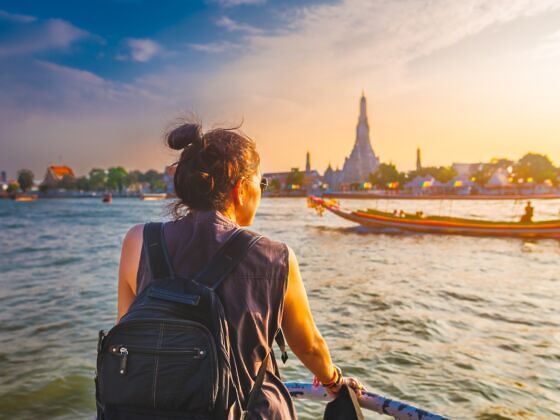When I was 16, an uncle gave me a book he thought I might like, by a man called Pico Iyer.
I did like the book–in fact, I loved it. But I soon became as fascinated with Iyer himself as with his writings.
Born in Oxford, raised in Santa Barbara, educated in England and Massachusetts, Iyer has followed a geographical trajectory that I, in my own way, have imitated.
